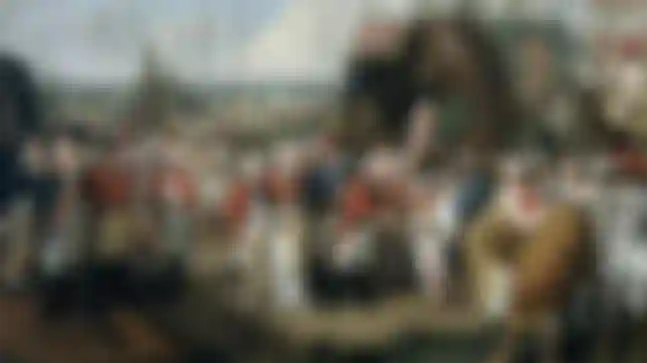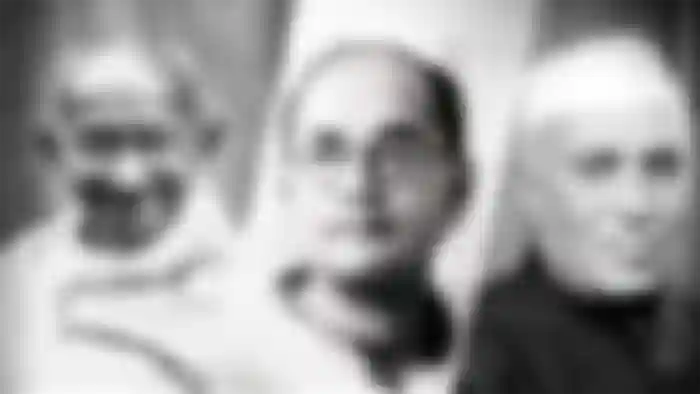Today the 15th of August is the Independence Day of India. So today I will take you on a brief tour of India’s independence struggle. Today in 1947 the British ultimately left India handing over the reins to the Indians.
Before the arrival of the British
The Mughal dynasty was ruling India, majorly North India with its capital at Delhi. Though at that time the prime of Mughal dynasty was over and it was on a downfall because of increased resistance of local rulers. But the dynasty was still extremely rich. India as a country, being a tropical country was rich in a variety of crops, spices and cash crops. Gold, other precious stones and semi precious stones were abundantly mined in India and was part of every household. It is said that the British who came in the beginning tasted salt for the first time in India. This caught the attention of the British and they started considering India as a lucrative market.
The arrival of the British
They landed in Bengal with the veiled intention of trade only and created the East India Company in 1765. They started buying raw materials from India which they would export to Britain and bring the finished products to sell in India. With their cunning attitude they started holding large tracts of land in the name of business and started building up army in various parts of India. The industrial revolution of the west had bypassed India so India was basically a rural economy. The mindset of the people was simple and they failed to understand the ulterior motives of the British. Now they started becoming powerful and also started providing protection to the Indian rulers in lieu of exclusive rights to trade and collect taxes.

Their products were superior to the Indian products and were also cheaper. Therefore slowly the indigenous products started dying and the British products captured the market. The lands they captured here were used to cultivate only those crops and plants which could be used as raw materials for the British industry. All these happened because wealth was natural to India and they did not give much thought to it. India was more of a spiritual and philosophical society. On the other hand Britain lacked the resources to develop wealth in their homeland.
The freedom struggle

It basically started in 1857 with the Sepoy Mutiny. The cartridges for the rifles had a component of beef in it and the soldiers refused to use it. It started in the cantonment of Meerut and quickly spread to other cantonments. Now the people also started to realize the motive of the British and there was resentment growing up in the local population also. Though the mutiny was ultimately suppressed by the British but it provided the ignition for a wider struggle for freedom. In 1885 the Indian National Congress was formed and the intellectual and educated lot joined it. The primary aim was to streamline the fight for independence. This platform played a key role in planning agitations and movements across the country to overthrow the British rule.
Later Mahatma Gandhi came back from South Africa and he became the central figure in the struggle with his unique ideas of civil disobedience and non violence and quit India. Parallel to it a violent movement was also working who took up arms to fight the British. This movement was popular in Bengal and Punjab which produced numerous martyrs. The most popular figures were Bhagat Singh, Subhash Chandra Bose, Chandrasekhar Azad and many more.

The Second World War also played a pivotal role in the independence. The British needed soldiers to fight. So it was decided that soldiers from India will fight but in exchange the process of transfer of power has to be started. This war also financially drained Britain and it became difficult for them to maintain their governance here. The Labor party in Britain also favored the transfer of power after the world war.

It is to be noted that during this period the Portuguese, Dutch and French were also present in India.
And thus after a struggle of almost 200 years the British left the Indian soil finally. But taking advantage of the religious difference it had seeded in the minds of Indian people they divided India into India and Pakistan on religious ground on the behest of Jinnah. Jawaharlal Nehru was the first Prime Minister of India.
The tragedy of partition is another story.




Very nice and concise history.